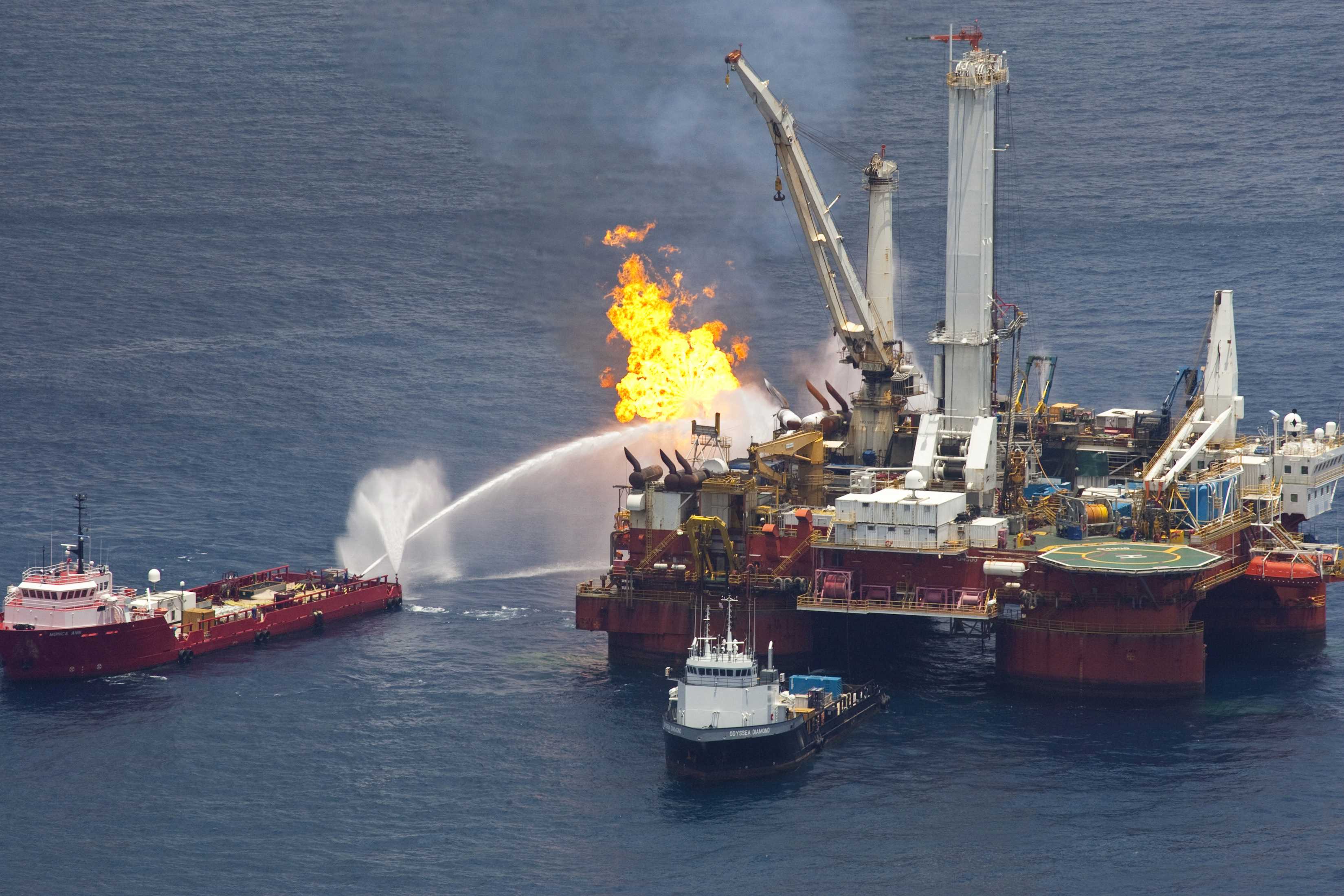Court declines to review Deepwater Horizon settlement offer
Reprints
An appellate court declined to review a settlement offered to a company affected by the 2010 Deepwater Horizon explosion.
In BP Exploration & Production Inc. v. Claimant ID 100157225, a three-judge panel of the 5th U.S. Circuit Court of Appeals in New Orleans unanimously affirmed on Friday a district court’s denial of BP’s request for discretionary review.
In April 2010, Houston-based BP Exploration & Production Inc.’s Deepwater Horizon drilling rig exploded in the Gulf of Mexico. Eleven workers were killed and the oil well spill caused the largest offshore environmental disaster in U.S. history.
The company entered into numerous settlement agreements with businesses that suffered economic loss. Well drilling company Youngquist Brothers Inc., based in Fort Myers, Florida, submitted a claim under the settlement agreement in December 2012, and a claims administrator awarded the company a sum for business economic losses. BP sought discretionary review of the award in district court, which was denied. The company then appealed to the 5th U.S. Circuit Court of Appeals, which affirmed the district court’s decision.
BP argued that Youngquist is in a class of parties that should have been excluded from recovery under the settlement program since it is an entity in the “oil and gas industry,” but the claims administrator classified the company as a “water and sewer line and related structures construction” business. BP further argued that the U.S. Occupational Safety and Health Administration assigned Youngquist as a “drilling oil and gas wells” company during an investigation of a workplace accident. The appellate court, however, disagreed, holding that the company failed to present sufficient proof that the claims administrator’s decision was incorrect.
BP also argued that if Youngquist could not be excluded, then the award granted to the company was improperly calculated because it should only have considered revenues and expenses from a claimant’s facilities located in Gulf Coast areas. Since Youngquist had trailers set up at locations around Florida, they meet the settlement agreement’s definition of “facility” and revenues and costs associated them should be excluded from the calculation, BP argued.
The appellate court noted that the settlement agreement defined facilities as separate and distinct physical locations at which a business could perform or manage its operations. Youngquist’s chief financial officer stated in an affidavit that the trailers were for storage of product and meeting rooms for consultants, and although BP argued that this does not preclude the trailers from being facilities where employees perform their work in the normal course of business, the appellate court held that the district court’s refusal to further examine this factual question was not an abuse of discretion.
The lead attorneys in the case did not immediately respond to requests for comment.
Read Next
-

Supreme Court rejects Deepwater Horizon spill penalties appeal
(Reuters) — The U.S. Supreme Court on Monday rejected bids by BP P.L.C. and Anadarko Petroleum Corp. to avoid penalties under federal pollution law in connection with the 2010 Gulf of Mexico oil spill.